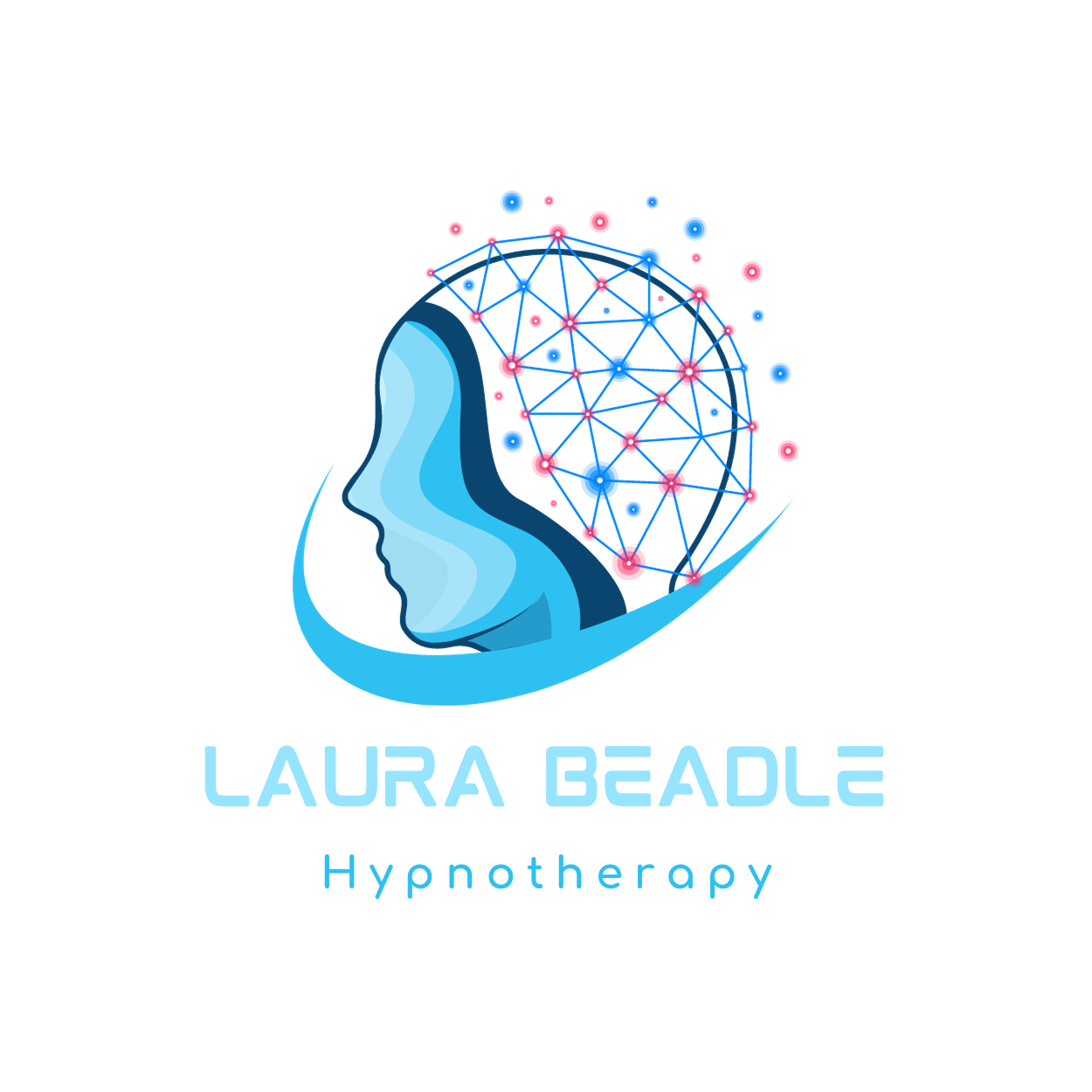Laura Beadle
Solution Focused HypnotherapistHelping you channel your full potential
What’s the cure for anxiety
What’s the cure for anxiety
There is no single “cure” for anxiety, as it is a complex condition with multiple contributing factors. However, there are a number of effective treatments that can help manage anxiety symptoms and improve your overall quality of life.
The most effective type of treatment for anxiety will vary depending on the individual and the severity of their symptoms. However, some of the most commonly recommended treatments include:
- Cognitive-behavioral therapy (CBT): CBT is a type of therapy that focuses on changing the way you think about and react to situations that trigger your anxiety. It can be very effective in helping you to identify and change negative thought patterns and develop more helpful coping mechanisms.
- Relaxation techniques: Relaxation techniques, such as deep breathing, meditation, and progressive muscle relaxation, can help to reduce the physical symptoms of anxiety, such as muscle tension, rapid heart rate, and shortness of breath.
- Mindfulness-based stress reduction (MBSR): MBSR is a type of meditation that teaches you to focus on the present moment and accept your thoughts and feelings without judgment. It can be helpful in reducing anxiety and promoting overall well-being.
- Lifestyle changes: Making lifestyle changes, such as getting enough sleep, eating a healthy diet, and exercising regularly, can also help to reduce anxiety symptoms.
In some cases, medication may also be prescribed to help manage anxiety symptoms. However, medication is typically used in conjunction with therapy, as it is not a long-term solution for anxiety.
If you are struggling with anxiety, it is important to seek professional help. A therapist can help you to develop a personalized treatment plan that is right for you.
Here are some additional tips for managing anxiety:
- Identify your triggers: What are the situations, thoughts, or emotions that tend to trigger your anxiety? Once you know your triggers, you can start to develop strategies for avoiding or coping with them.
- Learn to say no: Don’t feel obligated to take on more than you can handle. It’s okay to say no to requests that you know will stress you out.
- Practice self-care: Make time for activities that you enjoy and that help you to relax, such as spending time in nature, listening to music, or reading.
- Seek support: Talk to your friends, family, or a support group about your anxiety. Talking about how you’re feeling can help to reduce stress and make you feel less alone.
Remember, anxiety is a common and treatable condition. With the right treatment and support, you can manage your anxiety and live a happy and fulfilling life.
